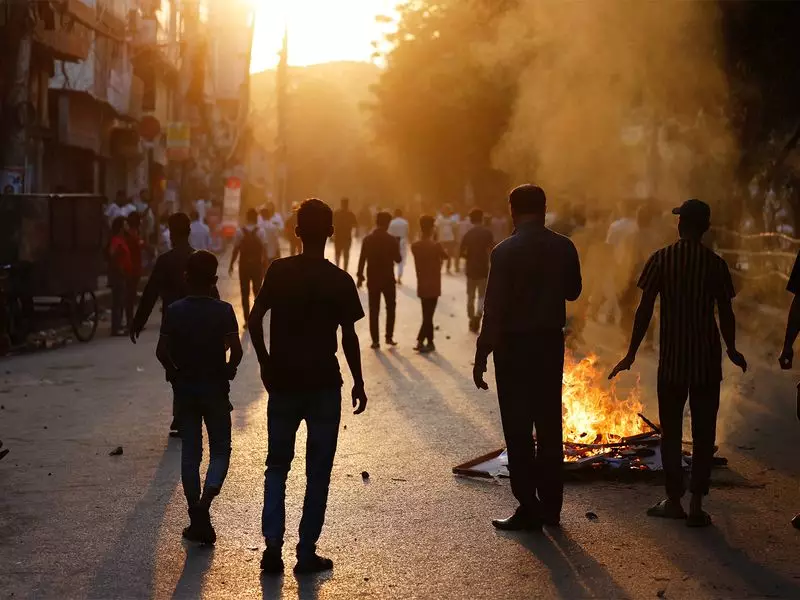
Bangladesh's political landscape has been shaken by a dramatic development as the country's interim government chief advisor declared that no one is above the law following the death sentence handed to former Prime Minister Sheikh Hasina. The statement comes amid growing international concern about the escalating political crisis in the South Asian nation.
Interim Government's Strong Stance
Mohammad Hasan Mahmud, the chief advisor to Bangladesh's caretaker government, made his position clear during a press interaction on Thursday. The senior bureaucrat turned interim administrator emphasized that the judicial process must be respected regardless of an individual's political stature or previous position.
Mahmud specifically addressed the death penalty verdict against Sheikh Hasina, the daughter of Bangladesh's founding father Sheikh Mujibur Rahman. 'The law will take its own course. We are a country governed by the rule of law, and no one is above it,' Mahmud stated unequivocally when questioned by journalists about the sensitive matter.
Background of the Political Crisis
The development occurs against the backdrop of massive political unrest that has gripped Bangladesh since late October. The current caretaker government assumed power following violent protests that forced the resignation of the previous administration led by Sheikh Hasina.
International observers have expressed concern about the fairness of judicial proceedings during this period of political transition. The United Nations and several human rights organizations have called for transparency and due process in all legal matters involving political figures.
Sheikh Hasina, who served as prime minister multiple times, has been a dominant figure in Bangladeshi politics for decades. Her party, the Awami League, has denounced the verdict as politically motivated and demanded international intervention.
Regional Implications and Reactions
The situation in Bangladesh is being closely monitored by neighboring countries, particularly India, given the strategic importance of bilateral relations between the two nations. Regional stability in South Asia could be affected by prolonged political instability in Dhaka.
Political analysts suggest that Mahmud's statement reflects the caretaker government's attempt to project an image of impartiality while navigating the country through one of its most challenging political periods. The interim administration faces the difficult task of maintaining order while preparing for eventual elections.
As the situation continues to evolve, the international community watches anxiously, aware that the outcome could have significant implications for democratic processes in the region. The caretaker government has promised to ensure a smooth transition to elected civilian rule, though no specific timeline has been announced.





